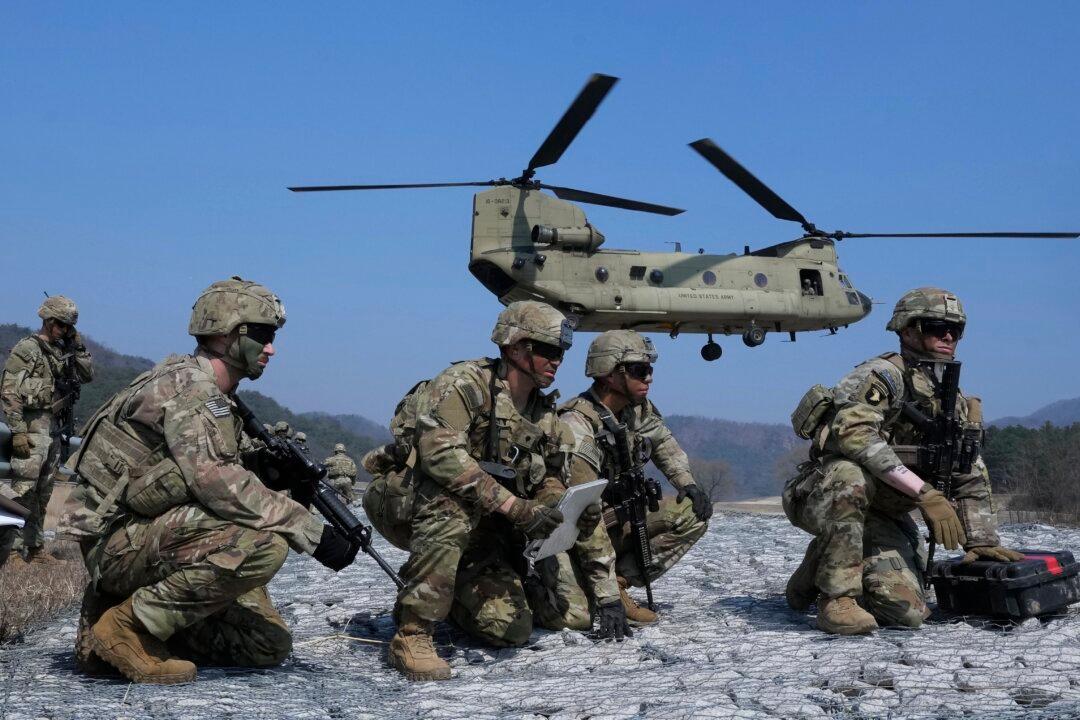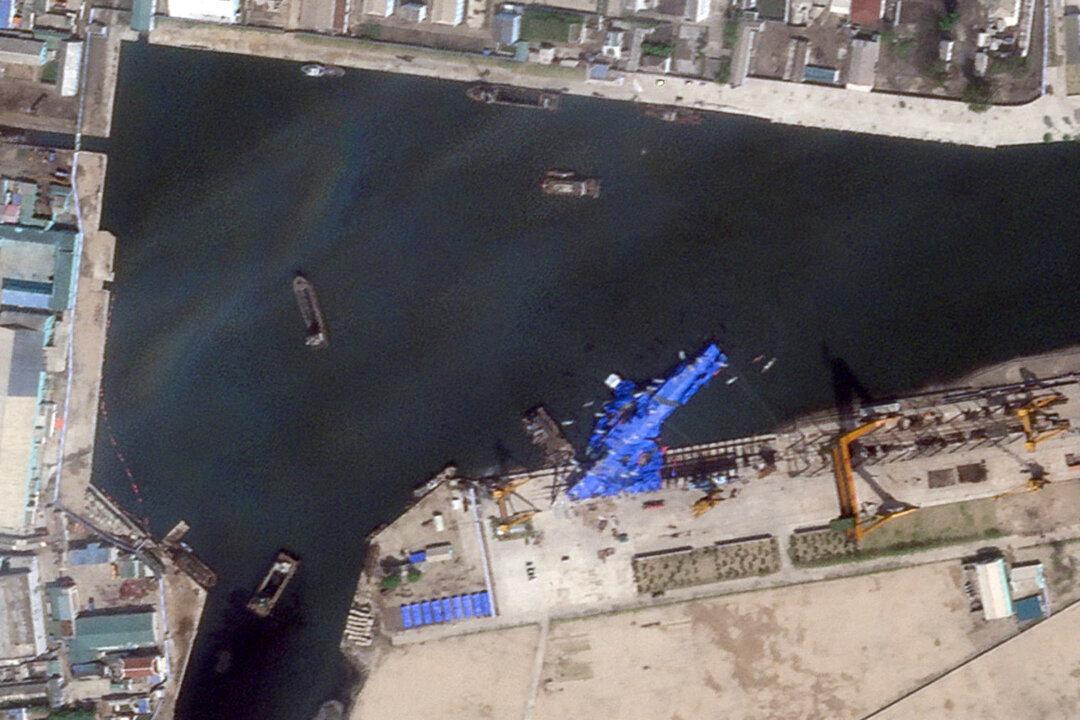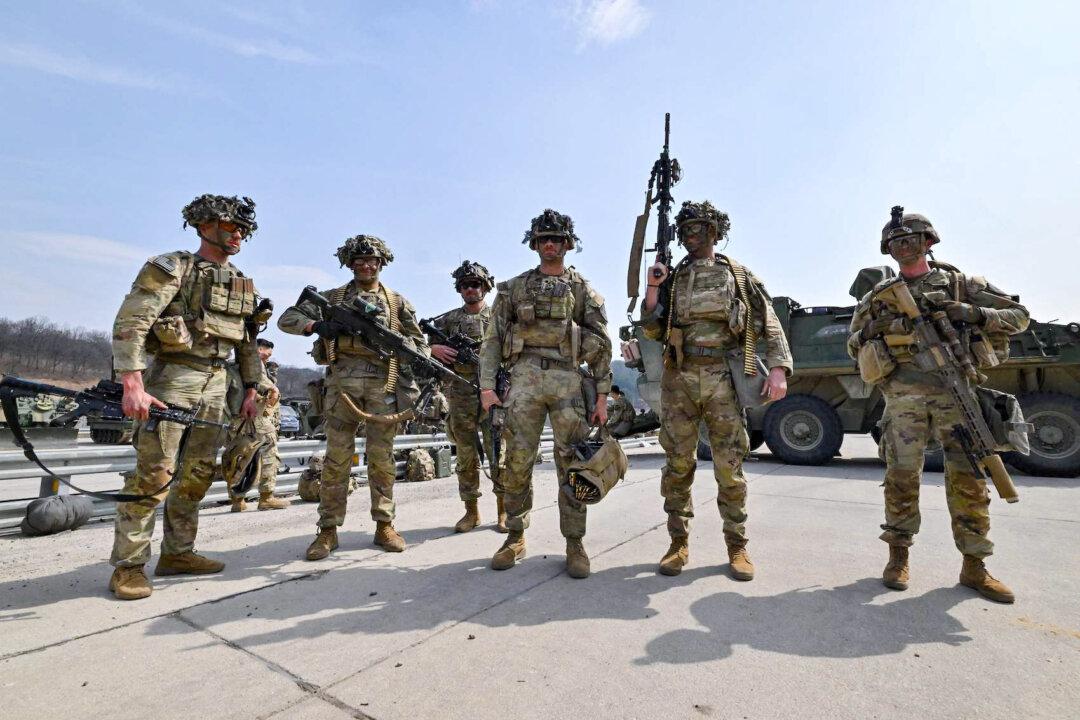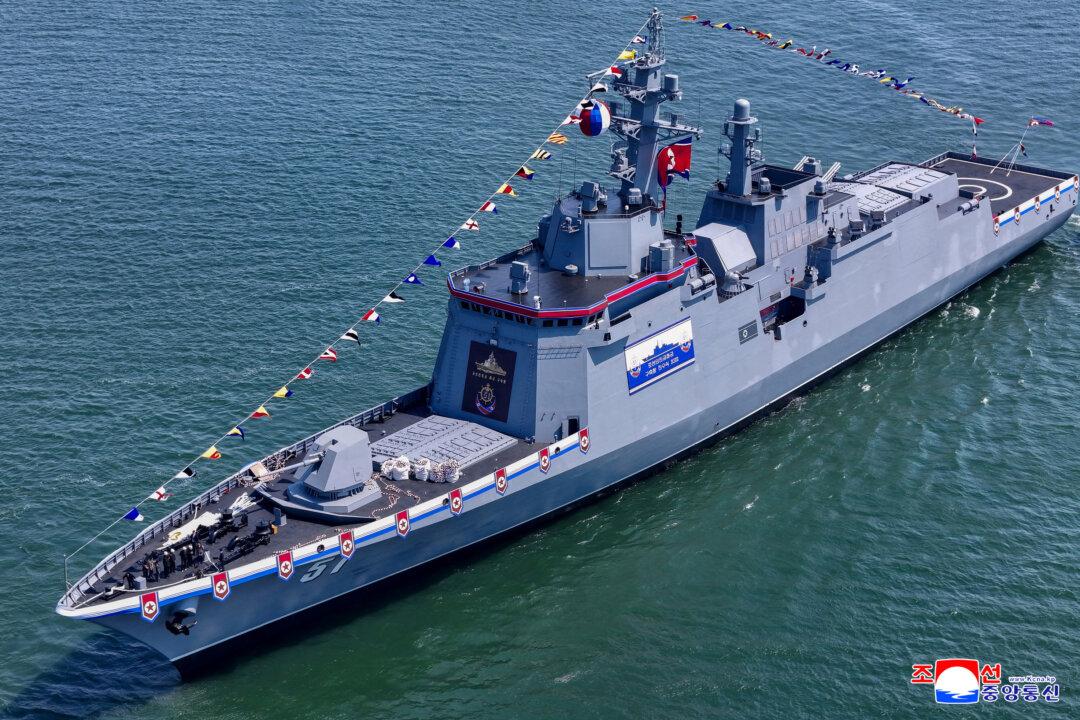Commentary
In an era defined by great power competition, gray zone conflicts, and the erosion of the rules-based international order, NATO is actively broadening its strategic outlook beyond the Euro-Atlantic. Among its most significant emerging partners is the Republic of Korea. While not a member of NATO, South Korea plays an increasingly vital role in advancing NATO’s security interests—both through direct cooperation and as a stabilizing force in the Indo-Pacific. Its growing engagement reflects the recognition that global security challenges are no longer confined by geography and that like-minded democratic partners are essential in defending shared values and deterring common threats.





